The CMP Review — Week of July 10
July 10, 2023
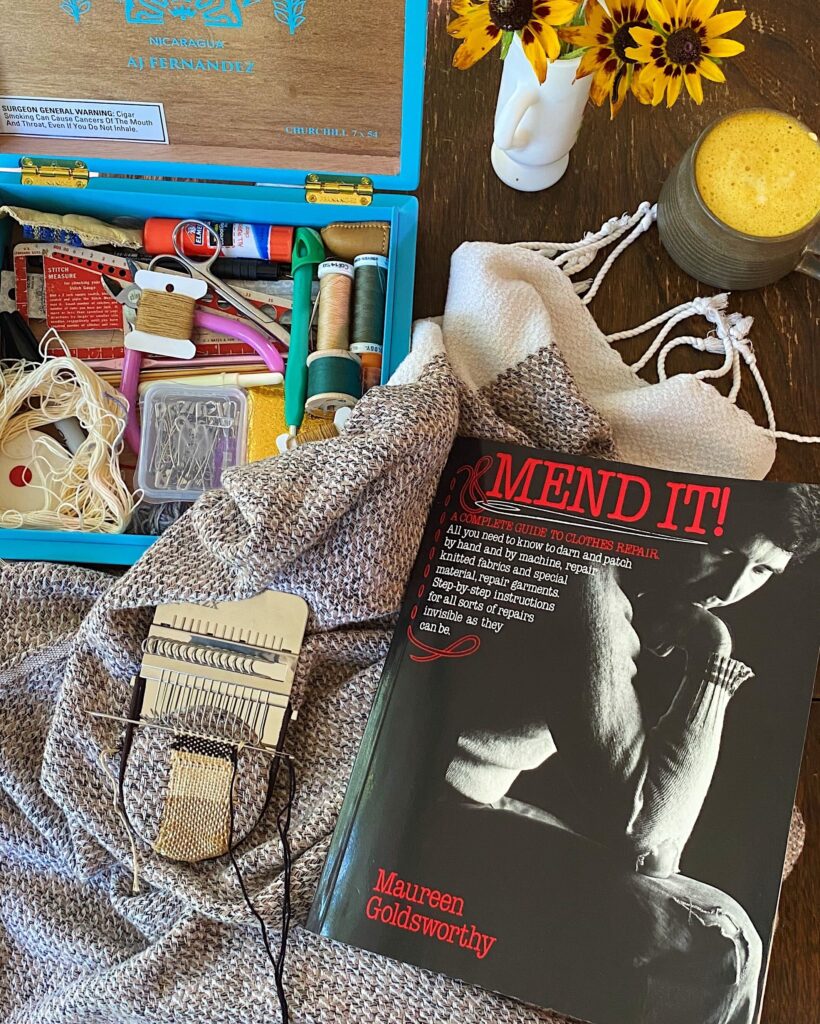
Do you enjoy mending? I find joy in repairing items around the house, from my home library books to various objects. It’s rewarding to bring new life to well-loved things. I have a fondness for both visible and invisible mending, and I cherish that my children have confidence in my ability to fix anything that tears. One of my go-to resources for mending inspiration and assistance is Mend It! by Maureen Goldsworthy. Whether it’s darning socks or fixing toys, my hands are always busy, and this book is a trusted companion that offers inspiration and guidance.
@tessakeath
July 11, 2023
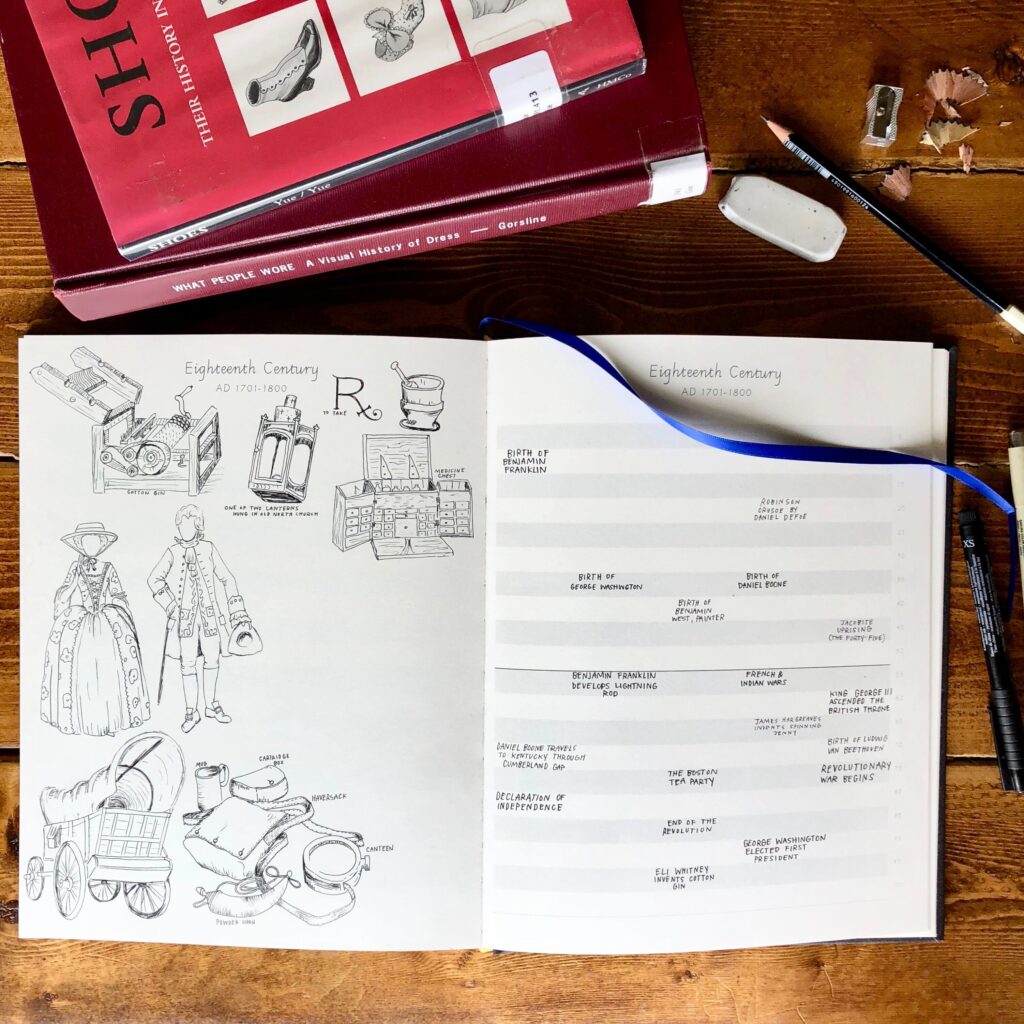
On a recent Sunday afternoon, my son and I sat down with our Books of Centuries to write our entries for the week. My son paused over his open book and then had an idea. “When was the Book of Centuries invented?” he asked.
“The first Book of Centuries was made in 1914,” I answered without checking my notes. “It was invented by Gertrude Bernau,” I added. (It was convenient that I had just finished researching the history of this remarkable learning tool.)
Knowing the story of the Book of Centuries helps us appreciate its purpose and value. It’s also a great example of an innovation that Charlotte Mason endorsed and applied even though it wasn’t her idea. In fact, the idea came from one of her own students.
That student, Gertrude Bernau, wrote the definitive instruction manual for the Book of Centuries in 1928. Her article was referenced in countless future PNEU programmes. Today we share an audio presentation of her article along with an extended editor’s note telling the story of its development.
My son went to the space for 1914 and found that it was already filled with an important historical event. (Mine was too.) But we had a memorable chat about the reason behind this weekly activity that has spanned so many of our years. Listen to (or read) today’s episode, and you’ll be ready for that moment your child asks the same questions of you. Find it here.
@artmiddlekauff
July 12, 2023
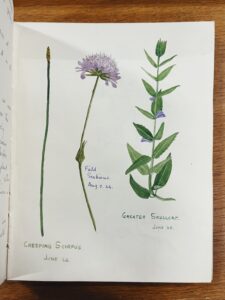
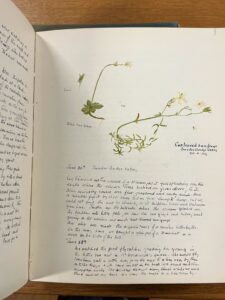
The Armitt has held a warm place in my heart as much of our work here at CMP is possible due to their preservation of the Charlotte Mason archive. Nothing prepared me for the emotional aspect of visiting their museum in person and holding a vintage nature notebook, though.
Their dedicated and talented staff has curated an amazing exhibit to celebrate the centenary of Charlotte Mason’s life and legacy. Miss Mason had a love for nature that she passed on to her students—kindled in part by the keeping of nature notebooks. Shown here are two pages from a student’s journal in the archive.
Give @thearmitt a follow, visit them online at www.armitt.com, and if you ever find yourself in the Lake District, be sure to visit them in-person.
@rbaburina
July 13, 2023
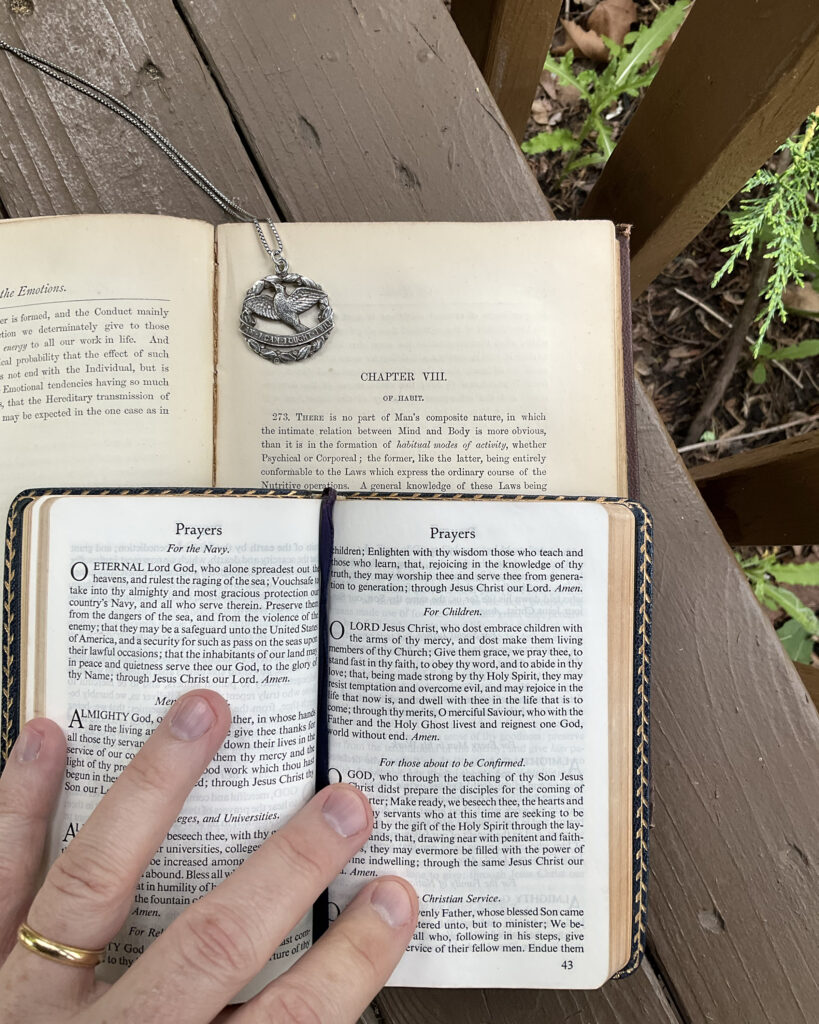
In a moment of transparency in 1902, Charlotte Mason wrote, “I was charged the other day with putting habit … in the place of the grace of God.” Her choice of tense was interesting. She might as well have said, “I *will* be charged some day with putting habit in the place of the grace of God.”
For that is indeed what happened, in a popular 1999 critique which said that “while Mason’s emphasis on the formation of good habits may seem fine on the surface, once it is penetrated, one sees how Mason perceives that even man’s conversion, salvation, hinges upon or is the result of his forming good habits based upon good thoughts based upon good ideas.”
Many have since elucidated the relationship between habit and grace in Mason’s thought, most notably Dr. Benjamin Bernier. I have contributed my own attempts. But perhaps Mason’s own 1902 response to the charge is still best: “On the contrary, the P.N.E.U. recognises the laws of habit as laws of God, and the forming of good and the hindering of evil habits as among the primary duties of a parent.”
And surely any approach based on the laws of God “may look, without presumption, to inherit the Divine blessing.”
@artmiddlekauff
July 14, 2023

I came out of my house where Serafina and our little 6.5 year old neighbour friend were playing and the little one says to me “Look, Mrs. Greco! It’s doll gymnastics! They are climbing the tree!”
Children’s creativity is incredible! It is wonderful to watch!
@antonella.f.greco
July 15, 2023
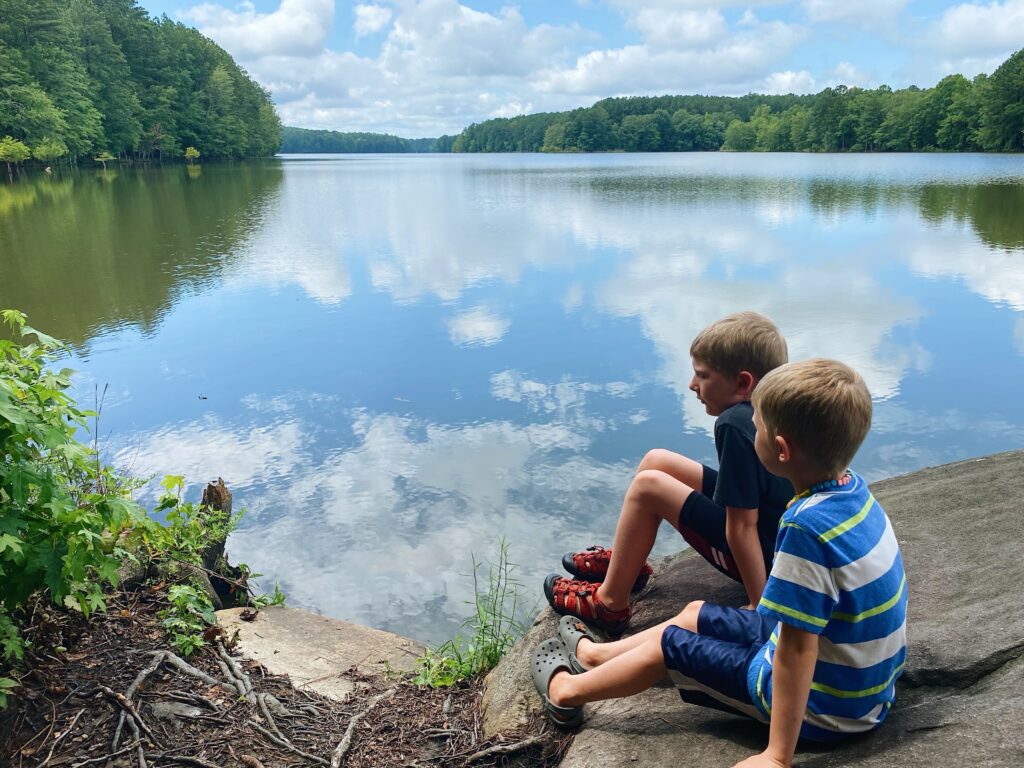
“Our aim in Education is to give a Full Life.—We begin to see what we want. Children make large demands upon us. We owe it to them to initiate an immense number of interests. ‘Thou hast set my feet in a large room,’ should be the glad cry of every intelligent soul. Life should be all living, and not merely a tedious passing of time; not all doing or all feeling or all thinking—the strain would be too great—but, all living; that is to say, we should be in touch wherever we go, whatever we hear, whatever we see, with some manner of vital interest.” (Vol. 3 p. 170)
@tessakeath
July 16, 2023

“The real question,” writes F. Leroy Forlines, “is: Is fallen man a personal being, or is he sub-personal? … Does God deal with fallen man as a person? If He does, He deals with him as one who thinks, feels, and acts. To do otherwise undercuts the personhood of man. God will not do this—not because something is being imposed on God to which He must submit, but because God designed the relationship to be a relationship between personal beings. Human beings are personal beings by God’s design and were made for a personal relationship with a personal God. God will not violate His own plan.”
Jesus Christ, the very form of God, came to His own, and His own did not receive Him. He pleaded, He reasoned, He warned, He persisted, He pursued. But He would not force. He would not violate His own plan. Read or hear about the unlimited solicitude of Christ for His own in Charlotte Mason’s poem.
@artmiddlekauff